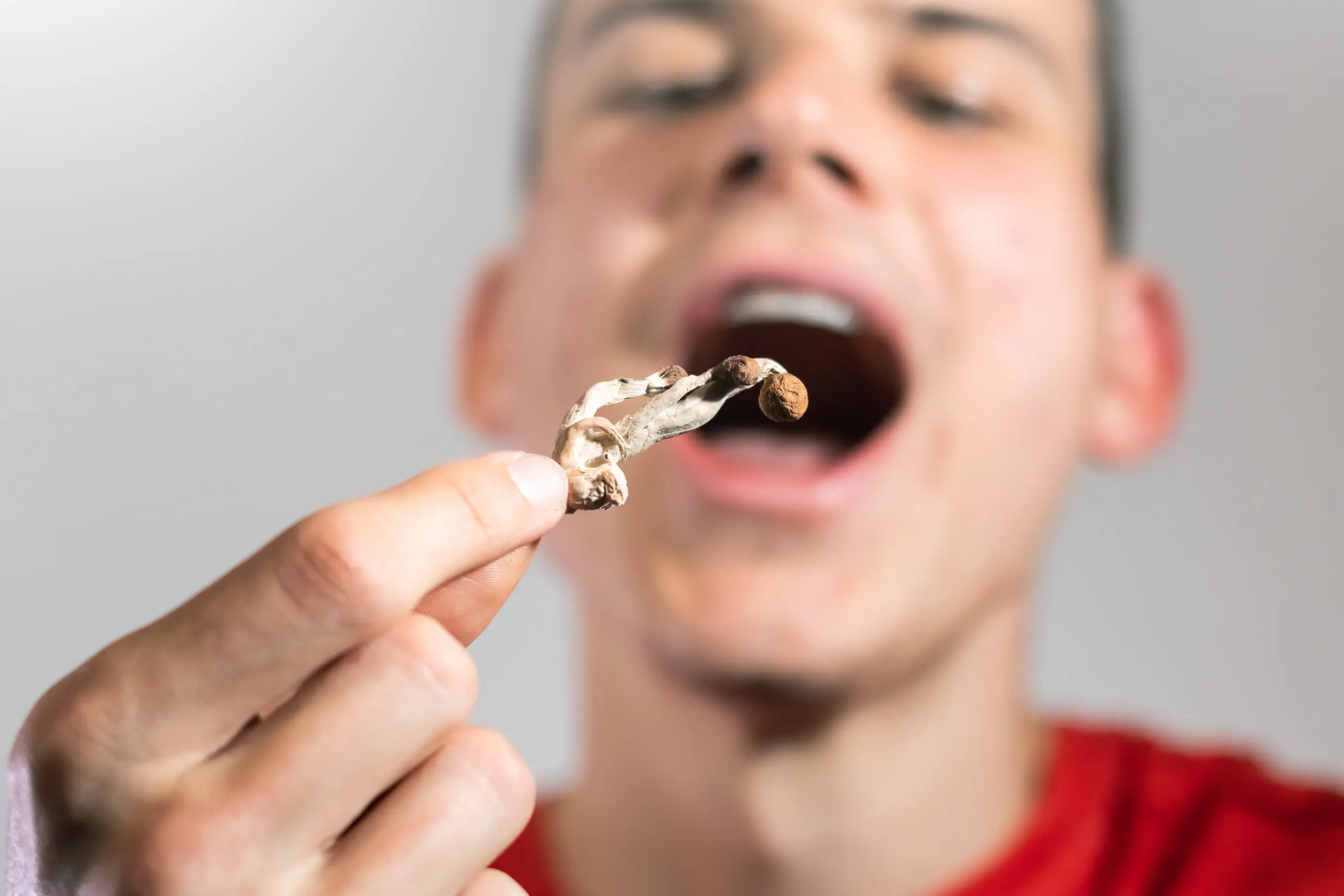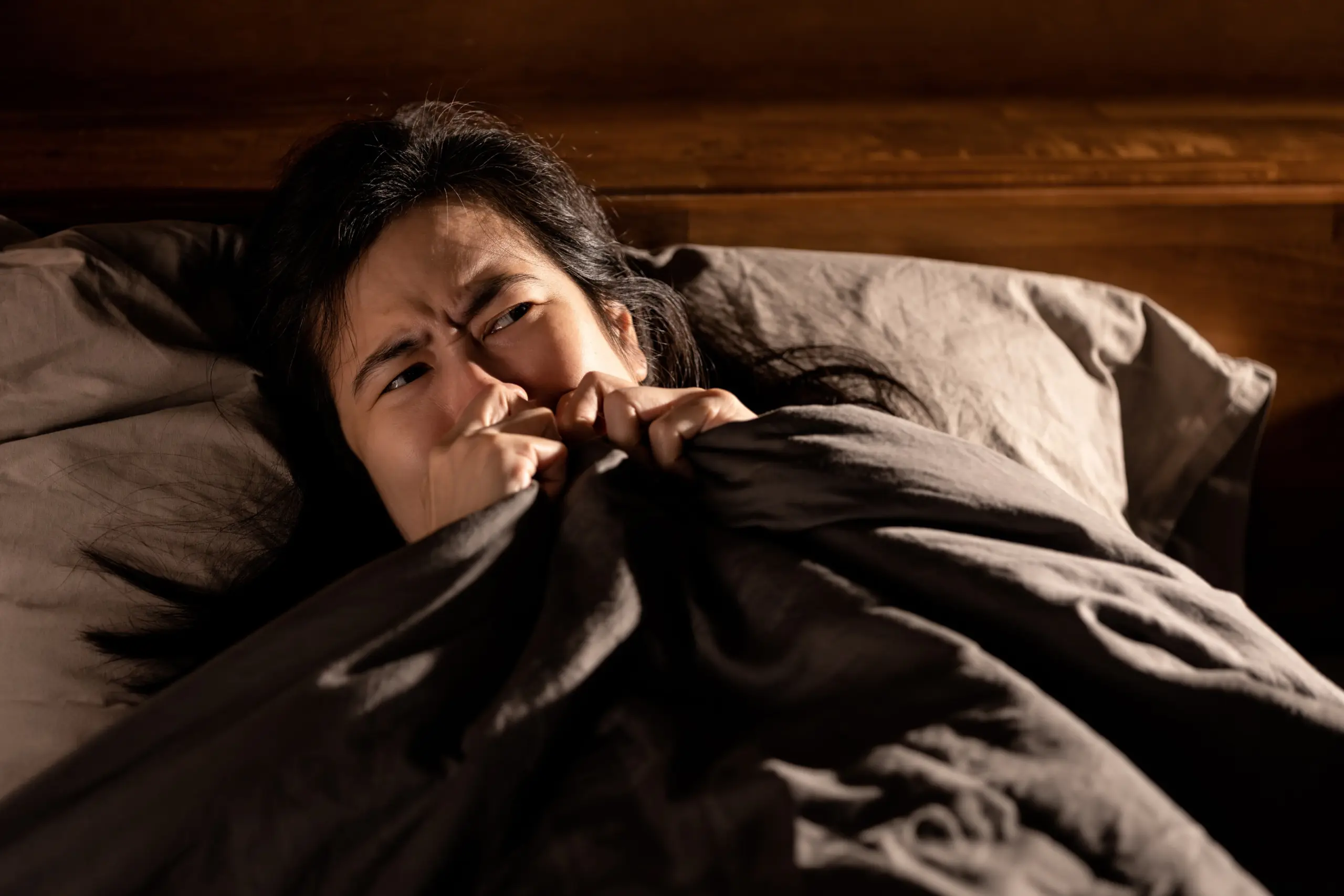Hallucinogen Addiction Treatment
Restore Mental Clarity and Reconnect with Purpose
The Reality of Hallucinogen Use
How Psychedelics Affect the Brain and Body
Hallucinogens are psychoactive substances that alter mood, thought, and perception. They interfere with brain chemistry, causing hallucinations, disorientation, and unpredictable mood shifts. While some may use them recreationally or ceremonially, frequent or prolonged use can cause dependency, anxiety, and persistent psychological effects.
Examples of Common Hallucinogens
- LSD (Acid): Synthetic psychedelic causing intense visual hallucinations
- Psilocybin Mushrooms: Natural fungi with mind-altering effects
- DMT and Ayahuasca: Plant-based psychedelics producing deep altered states
- Peyote and Mescaline: Cactus-derived substances with long-lasting effects
- Salvia Divinorum: A dissociative plant with short but powerful effects
Prolonged use can increase the risk of paranoia, confusion, and cognitive decline, making professional treatment essential for long-term well-being.


Recognizing When Use Becomes Addiction
Signs of Hallucinogen Dependence
Unlike many substances, hallucinogens typically cause psychological rather than physical dependency. Warning signs often involve emotional, cognitive, and behavioral disruptions:
Persistent cravings or compulsive use
Relying on psychedelics to escape stress or pain
Experiencing paranoia, confusion, or ongoing hallucinations
Withdrawing from work, school, or relationships
Continuing use despite worsening mental health or legal consequences
If these symptoms are present, Pristine Recovery provides structured outpatient care to help restore emotional balance and stability.
Our Outpatient Approach to Hallucinogen Recovery
Our outpatient treatment programs address both the underlying causes of hallucinogen use and the psychological impact it creates. We combine evidence-based therapies with holistic wellness practices, helping clients reconnect with themselves while building tools for long-term recovery.
Comprehensive Care for Lasting Change
Dual Diagnosis Support
Flexible Outpatient Support
Evidence-Based Interventions
Holistic Recovery Practices
Compassionate Care with Lasting Impact
Why Choose Pristine Recovery for Hallucinogen Addiction Treatment?
At Pristine Recovery, we understand the unique challenges of hallucinogen addiction. Our outpatient programs are designed to provide a safe, supportive space where clients can heal emotionally, rebuild mentally, and grow spiritually—without stepping away from daily responsibilities.

